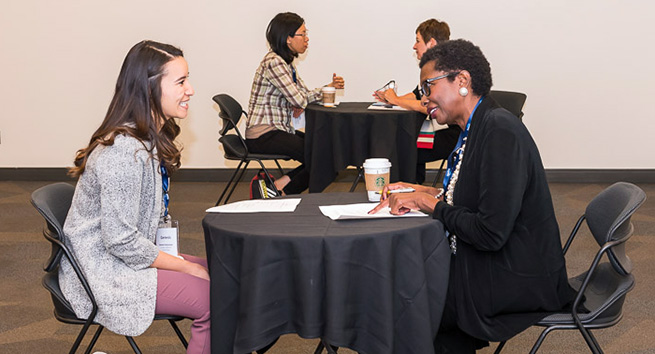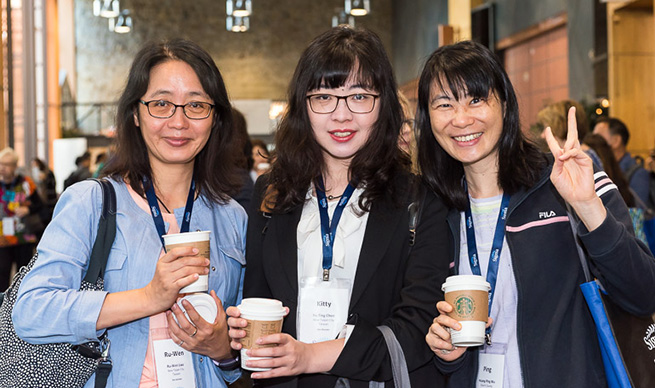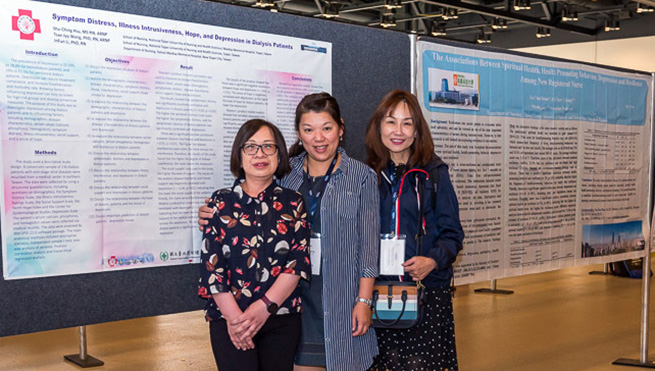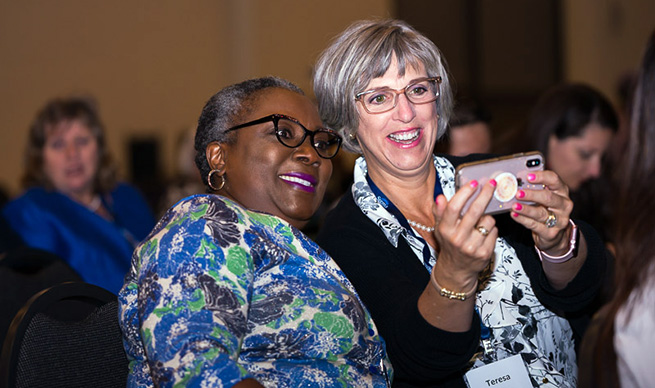Juli C. Maxworthy | 7/27/2019
Takeaways from Plenary Session 2.
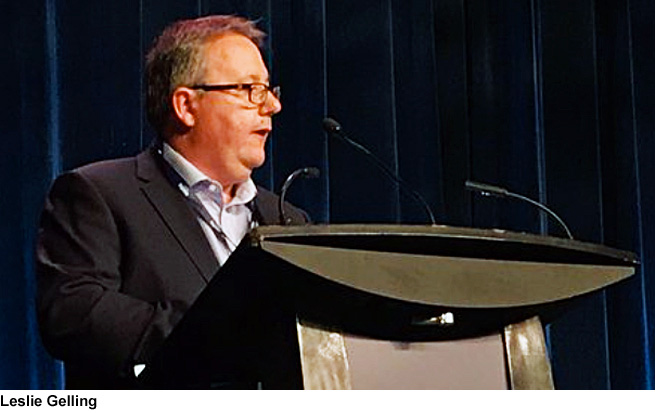
Ethics are important! Juli Maxworthy, vice president of Sigma’s board of directors, shares key points of a presentation on the subject.
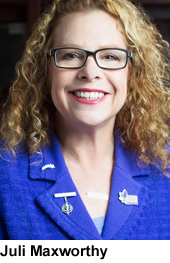 After an exciting first day of research congress, we had the opportunity to hear Leslie Gelling, PhD, RN, FRSA, speak on “Research Ethics in Real World Research” in Plenary Session 2 on Friday. He is well qualified to speak on the subject. He is a reader in research ethics on the Faculty of Health, Education, Medicine and Social Care in the School of Nursing and Midwifery at Anglia Ruskin University, Cambridge, UK; editor of Journal of Clinical Nursing; chair of the Cambridge South Research Ethics Committee; and program director of the Professional Doctorate in Health and Social Care.
After an exciting first day of research congress, we had the opportunity to hear Leslie Gelling, PhD, RN, FRSA, speak on “Research Ethics in Real World Research” in Plenary Session 2 on Friday. He is well qualified to speak on the subject. He is a reader in research ethics on the Faculty of Health, Education, Medicine and Social Care in the School of Nursing and Midwifery at Anglia Ruskin University, Cambridge, UK; editor of Journal of Clinical Nursing; chair of the Cambridge South Research Ethics Committee; and program director of the Professional Doctorate in Health and Social Care.
Key objectives of his presentation included 1) Why do we take research ethics so seriously? 2) What principles should guide researchers in the ethical conduct of research? and 3) Do research ethics committees (known also as IRBs) still have a place in research in the 21st century?
Why do we take research so seriously? “To put it bluntly,” said Gelling, “when we don’t, people get hurt.” To expand on that, he cited historical information about human subject experiments in which people were harmed because ethical standards were not applied. In particular, he described experiments done by physician Albert Neiseer and provided background on the Declaration of Helsinki, initially adopted in 1964, and its subsequent revisions. He also talked about the Alder Hey Organs Scandal that occurred in the UK during the mid-1990s that led to the Human Tissue Act in 2004.
What principles should guide researchers in the ethical conduct of research? To ensure that research is conducted in an ethical manner, said Gelling, the following principles should be applied: risk versus benefit, fidelity, justice, veracity, confidentiality, and autonomy. In considering risk versus benefit, types of potential harm include physical, psychological, social, and economic.
Do research ethics committees still have a place in research? The answer is yes, but. Gelling observed that ethics committees do play an important research role by providing oversight to help ensure participant safety. However, to fulfill that task properly, it’s important to adopt a principled approach to ethical review, pursue greater collaboration, and seek greater involvement of service users in the ethical review process.
That audience members appreciated Gelling’s presentation was evident by the great questions they asked. It was a wonderful start to the second day of Congress! RNL
Juli C. Maxworthy, DNP, MSN, MBA, RN, CNL, CPHQ, CPPS, CHSE, FSSH, vice president of the board of directors of Sigma Theta Tau International Honor Society of Nursing (Sigma), is associate professor at the University of San Francisco School of Nursing and Health Professions, San Francisco, California, USA, where she directs the school’s healthcare simulation certification program.
Below are a few pictures from Friday's events. All photos will be posted here a few days after congress is over. Our photographer is Suzan McEvoy.
